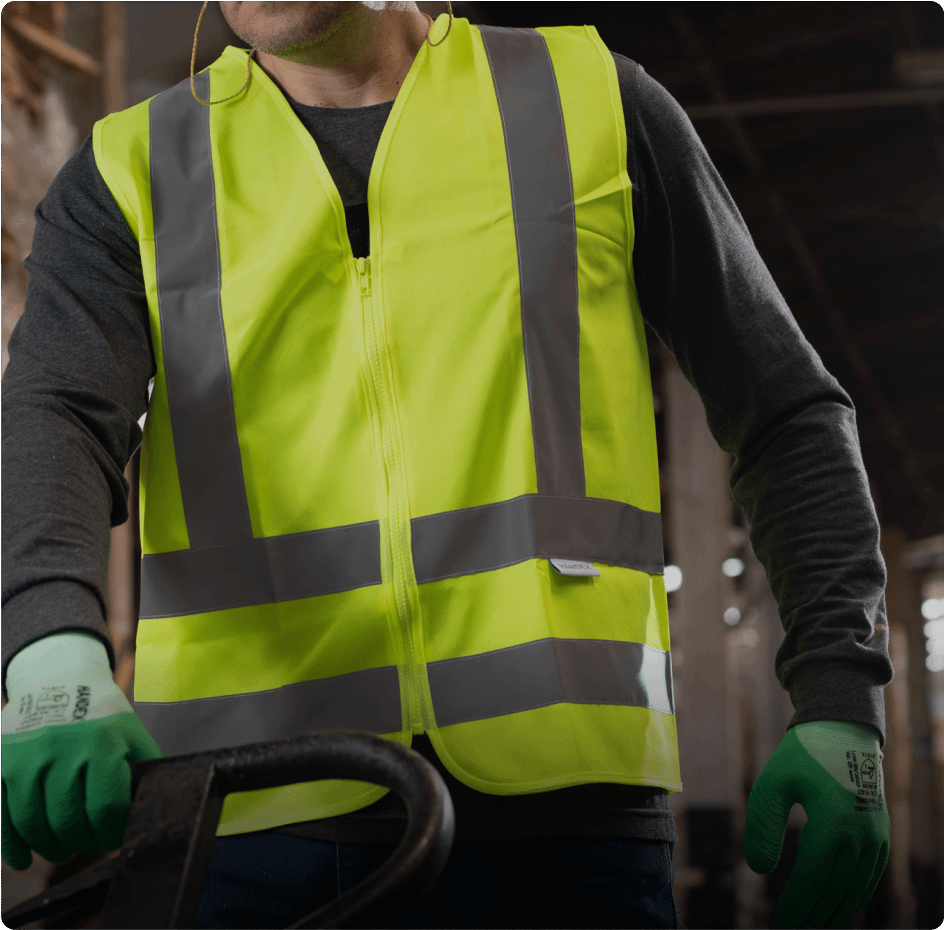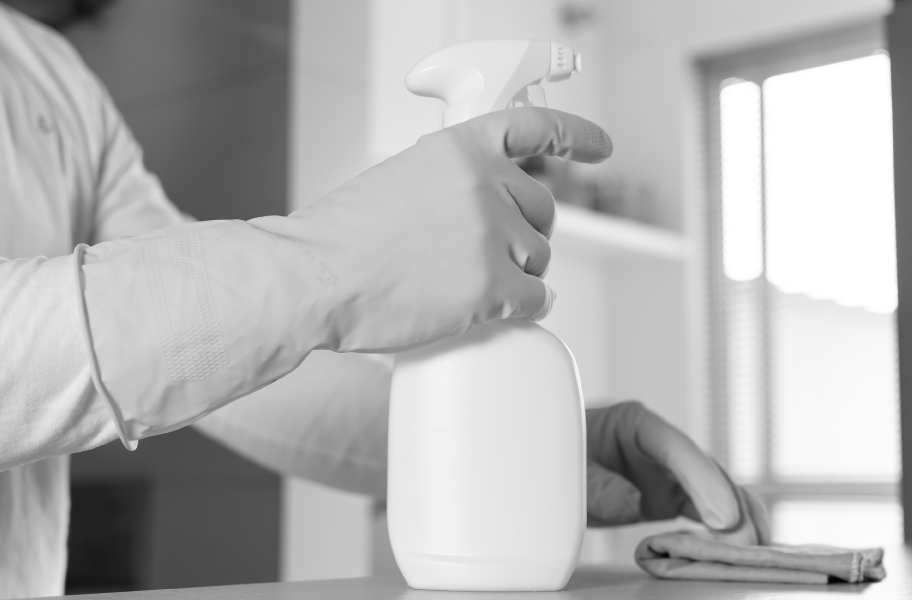The EN 374-5 standard applies to all gloves designed to offer protection against microorganisms and biological agents. This standard sets requirements for resistance to penetration by bacteria and fungi, providing an effective barrier against these harmful elements. Tests are conducted to assess the gloves’ performance, ensuring user safety in environments with biological hazards.
A – Resistance to penetration by microorganisms (1 to 4): Evaluates the glove’s ability to prevent the passage of bacteria and fungi, providing effective protection for the user.
B – Liquid impermeability (passed or failed): Indicates whether the glove is capable of preventing the passage of liquids, preventing contact with harmful substances.
C – Resistance to microorganisms under pressure (passed or failed): Evaluates the glove’s ability to maintain its integrity even under pressure, ensuring continuous protection.
D – Resistance to microorganisms under vacuum (passed or failed): Assesses the glove’s ability to maintain its integrity under vacuum conditions, ensuring an effective barrier against microorganisms.
E – Resistance to blood penetration (passed or failed): Indicates whether the glove is capable of preventing blood penetration, providing additional protection in risky situations.
F – Resistance to penetration by bodily fluids (passed or failed): Evaluates the glove’s ability to prevent the passage of bodily fluids, offering complete protection to the user.







